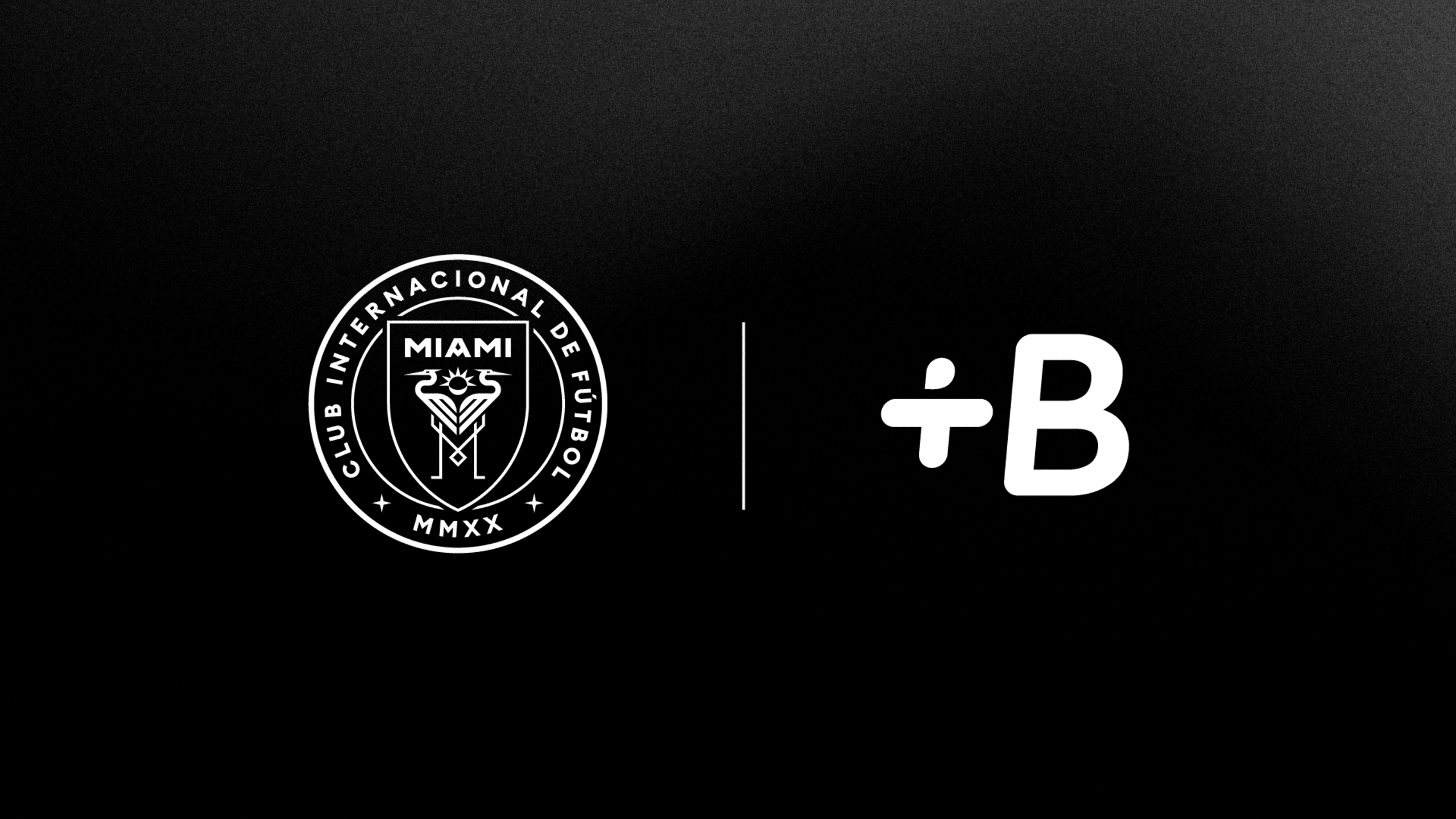
New Academic Study Shows How Learning with Babbel Develops Conversational Skills in a New Language
Linguists at Yale University shed light on Babbel learners’ Spanish speaking skills
After three months, participants’ speaking abilities ranged between exchanging greetings and providing basic personal information to discussing activities and future plans in the new language
95% found Babbel to be a convenient way to learn a new language and 75% met their personal learning goals
Babbel, the world’s top-grossing language learning app, today released the results of an academic study1, conducted in collaboration with linguists based at Yale University. The research project evaluated the effectiveness of Babbel’s pedagogical method, recruiting English speakers in the U.S. who learned Spanish over the course of three months--a relatively short period of study, in view of the amount of time learners typically need to invest to achieve basic competency in a new language. The results demonstrate that learning with Babbel leads to conversational ability in a second language: all learners developed some measure of oral proficiency, with skills ranging from basics like exchanging greetings and providing personal information to more challenging topics like discussing activities and future plans in the new language.
Babbel founder & CEO, Markus Witte, believes such research is essential for creating transparency regarding the outcomes learners can expect from using the app: “No matter which method or tool you use to learn a new language, the time you invest is incredibly valuable--it’s essential to know your time and effort are well-spent,” said Mr. Witte. “The results of this study do exactly that, corroborating the results of an earlier study which showed that using Babbel facilitates the development of oral communication skills. It’s further proof of the effectiveness of Babbel’s teaching method.”
“Due to the lack of available research on language learning apps, there is a fair degree of scepticism regarding their impact on learners’ speaking abilities. The results of our study, however, strongly suggest that Babbel can be an effective tool for learning basic conversation skills,” says Dr. Nelleke van Deusen-Scholl, the study’s co-lead investigator and Director of Yale University’s Center for Language Study. “Statistical results confirmed a correlation between using Babbel and effectiveness of learning Spanish, showing a progression in initial proficiency levels in line with current linguistics literature on speaking skill development. It was shown that Babbel can help learners get to a conversation in a new language.”
For the study, the research team recruited a diverse group of participants from all over the U.S. who had no speaking ability in Spanish prior to learning with Babbel. After following Babbel’s Spanish courses over approximately three months, 117 participants took the Oral Proficiency Interview-computer version (OPIc)– a speaking test created by the American Council on the Teaching of Foreign Languages, used to assess, for example, the language skills of prospective teachers of foreign languages. All participants made some measurable gains in their oral proficiency in Spanish. These ranged between exchanging greetings and providing basic personal information to discussing activities and future plans in the new language.
In addition to the results of the OPIc speaking test, participants were surveyed regarding their overall learning experience with Babbel. 91% of surveyed participants reported they enjoyed learning Spanish with Babbel, while 95% found that Babbel made it convenient to learn a new language. Additionally, most of the respondents (75%) felt that they had met their goals learning with Babbel.
The study also contains insights regarding the profile and motivations of those seeking to learn a language later in life. “Mental fitness emerged as a compelling motivation for a significant percentage of the language learners in our study,” said Mary Jo Lubrano, the study’s other co-lead investigator and Associate Director of Yale University’s Center for Language Study. “While our study reached across a broad range of learners representing different age groups and varied motivations for learning, over half were over the age of 55. This is a population that is rarely included in current research on language acquisition, and the subject of growing scholarly interest.”
For an in-depth look at how study participants’ speaking ability improved after using the app, please see the white paper “Measuring Babbel’s Efficacy in Developing Oral Proficiency.”
1 Van Deusen-Scholl, N., Lubrano, M.J. & Sporn, Z. (2019). Measuring Babbel’s Efficacy in Developing Oral Proficiency
About Babbel
Driven by the purpose of creating mutual understanding through language, Babbel has been building digital language learning products for consumers and businesses since 2007. The Babbel app helps people connect and communicate across cultures, whether for travel, friendship, or career advancement. Based on a deep knowledge of how we learn languages, Babbel aims to make learners conversational as fast as possible. And it works: Studies from institutions like Michigan State University, Yale University and the City University of New York demonstrate the efficacy of Babbel's language learning methods. Millions of language learners agree.
Babbel's secret sauce is the blend of true expertise, understanding of how humans learn, and the latest technology. Starting with one of 60,000 lessons across 15 languages hand-crafted by experts, the learner experience constantly adapts through behavior analysis to provide high quality interactive content that makes understanding a new language easy, from Spanish to Indonesian.
Because Babbel is for everyone, its team reflects this diversity. Across headquarters in Berlin and New York, a team from more than 80 nationalities represent the backgrounds and perspectives that make humans unique. With over 25 million subscriptions sold and an industry-leading retention rate, Babbel creates genuine connections with learners worldwide. For more information, visit www.babbel.com or download the apps in the App Store or Play Store.


